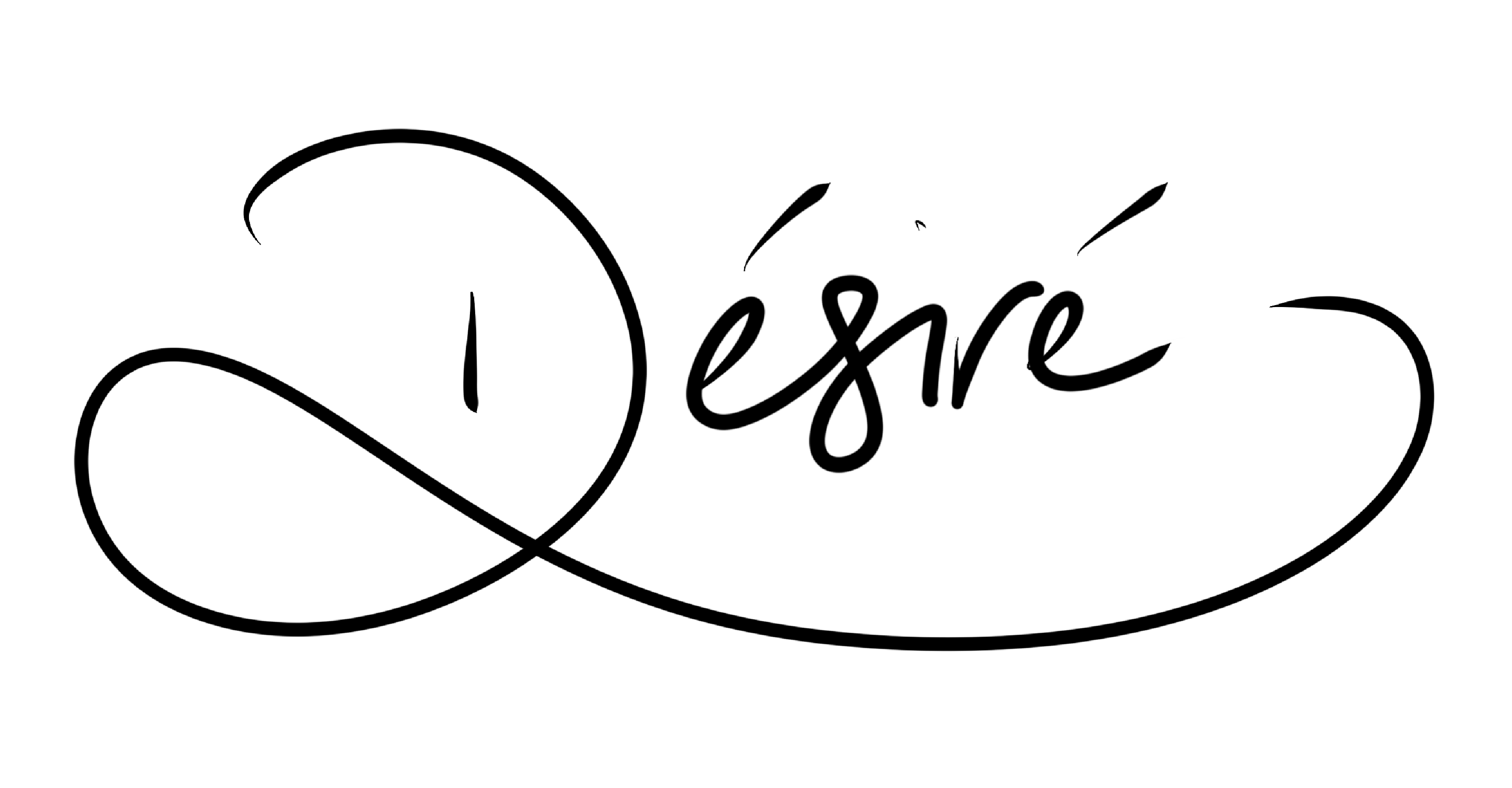Writers of all levels know this – it’s the hardest thing to do, especially when you have other commitments that need to be done. After a long day with a commute, the last thing you want to do is write that manuscript that you’ve been meaning to do for the last three years. It’s overwhelming, knackering and your brain hurts. I get that entirely, but if you don’t write, then you won’t get that book done, which is just another annoyance to add to your stress levels.
Creatives in general have a very toxic habit. We set goals, often lofty ones, then get distracted because the work requires effort, and then chip away at our confidence by telling ourselves that we will never get it done and we’re failures because we didn’t achieve the personal goal, and that we’re ridiculous for thinking that we compared ourselves to our creative heroes… which creates an environment of toxic pressure to complete a task that you feel you never will, because you tell yourself that daily, and then just procrastinate until you quit. And this leads to depression on a whole other level.
I personally struggle with this a lot. I have unfinished work everywhere. I have dozens of outlined manuscripts because it’s easier to outline it than write it. I have dozens of empty canvases all over my office, and unfinished paintings. My unfinished work is so profound that I don’t know how to cope with it anymore. Every few months, I take a step back and look at the growing list of things I haven’t done and ask myself what I really want out of life and how I plan to achieve it.
Working as a creative is the hardest work that I have ever done.
I have failed a million times to hit my daily, weekly, monthly, and yearly goals. But I have not stopped trying, and that’s important. Every single day that I try is another day that I have achieved something, and something is better than nothing. So, armed with all of this experience, I’ll tell you what I have learned about balancing personal and paid writing work.
Small consistent goals
Forget that your manuscript is 100,000 words. Focus on the next 500 words. All you have to write is 500, and then when you’ve written that, you have to decide if you want to write a little more or call it a day. It’s hard to carve out that time, but I’m sure if you wrote only 500 words a day, in two months, you’d have 60,000 done. And that achievement of writing more than half of your manuscript already will push you to finish it. Just write it. Small amounts, every day, consistently.
Write every single day
Take a trip through memory lane back to school. Do you remember how hard it was to get back into the studying zone after summer break or even after half term or a long weekend? Even as adults it’s hard to get back into the swing of things after a short break. This is why, no matter what, you have to write every day once you have a manuscript pending. The trick here is momentum and staying in the zone. You’ll be able to keep the manuscript alive and active in your subconscious, which is important, but also, you will also not fall off the wagon of momentum. If you have 15 minutes to poop, you can multitask on your “days off” and keep writing for a few minutes without ruining your holiday or weekend. Maintaining momentum and keeping that manuscript active in your head will ensure success.
Track your progress
I am a nut for some data, but I do track my progress because I like to see those numbers grow and surpass my previous year of work with every measurement. I have two main goals: a daily writing goal and a yearly one. As a full time writer, these include both paid and personal work. The daily writing goal is a lofty 4000 words a day, but that’s split between paid work and my own manuscript, to make sure that I have done something towards the manuscript, and enough towards my websites as well as my client work. It’s a lot to juggle but that’s how I’m able to do it. I don’t always hit it the daily goal and that’s okay as long as I have done something. Done is the app that I use, so that I can watch how the colours grow as time passes. I’m very visual so that helps me push further to close the gap, and watching the numbers grow makes me very excited!
Write something fun
I read an article in the October edition of The Writer that said make the lines you want to make in reference to people who are starting to draw and learning to activate their creative brains. This makes sense for writers as well. By writing something short and fun, you’ll get those creative juices flowing at the start of your work day and you’ll also feel much more productive as well. It’s amazing how much work you can get done if you played a little more. Creativity, specifically art and writing, needs a lot of play time for your mind to wander and explore ideas in different ways. So, always start your writing day with some fun stuff before you get to the boring stuff.
Read every evening
You need to refuel, and if you’re writing, then you need to refuel with words. The same way how bodybuilders refuel with protein shakes, you need to re-up with words. Regular reading will always help you, even when you’re not writing or if you’re not a writer anyway. It expands your vocabulary and showcases different ways of expression and sentence construction, which you might prefer and adopt in your daily life.
It’s likely that you already know this, and that you are already doing some of this, but it’s nice to have a reminder of how key this all is to the whole process. Some of this might not work for you at all which is fine, as long as you have found something that works for you.
Now get out there and make the words you want to make.



